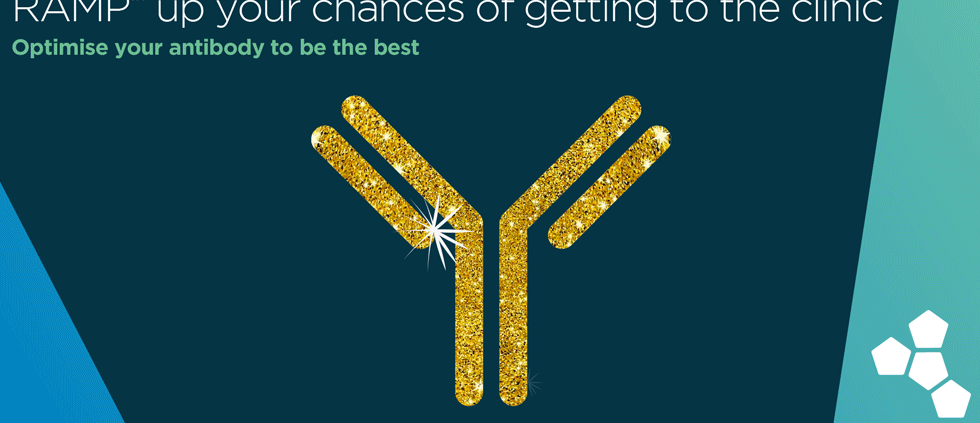Making your best antibody better
Today, therapeutic antibodies are reaching the clinic in unprecedented numbers. However the path from laboratory to the clinic is far from smooth. Antibodies face a range of obstacles during development, from insufficient efficacy, to manufacturing difficulties to immunogenicity – any of which can spell the costly end of an antibody development program.
Since 2012, Fusion Antibodies has delivered over 160 successful antibody humanization projects to customers worldwide. For many of these projects, we and our customers observed that our humanized antibodies retained and even improved antigen affinity, compared to the parent antibody.
Antibody candidates originate from many sources, using ever-improving discovery technologies. However, achieving a balanced antibody profile can be challenging. Our customers need to identify and eliminate those initially promising antibodies that bind tightly, but later turn out to have problems with manufacturing, stability or immunogenicity. They need to be sure they have the right antibody before establishing a stable cell line, and be confident that their lead candidate can get through CMC testing and make it to clinic.
RAMP™ – a 2 step affinity maturation platform
To help customers face these challenges, we have poured our expertise into creating RAMP™ – our rational affinity maturation platform designed to accelerate and optimize selection of your lead antibody candidate.
RAMP™ combines innovative library design with stringent in silico screening of variants. This sieves out the strongest candidates into a micro-library that can be expressed in mammalian cells for further characterization.
Rational library design
Taking the parent antibody, we create a massive library of around 10^20 variants. Our proprietary rational design approach takes a leaf from nature, inspired by how B cells use somatic hypermutation to generate antibody diversity.
RAMP™ introduces mutations in both the CDR and framework regions to create diversity, allowing only amino acids that can naturally occur at each position in the human antibody sequence. This “natural” approach reduces the likelihood of hydrophobic patches of amino acids and the downstream risks of aggregation and immunogenicity.
At the same time, strict sequence checks are applied to screen out primary sequence liabilities such as deamidation sites, cleavage sites and free cysteines. These checks and balances help create a library of variants that are “pre-screened” for manufacturing and clinical use.
In silico refinement
The library is then refined using in silico software that rapidly models variant-antigen binding and predicts affinity and stability. Over the 3-week in silico phase, the initial library is funneled down into a micro-library of the 100 strongest variants. At this stage we either express the micro-library as full length IgGs in CHO mammalian cells or hand the micro-library back to the client for further in-house testing.
RAMP™ up your chances of getting to the clinic
RAMP™ for affinity maturation is a fast, reliable method for improving affinity and selecting your lead antibody candidate. In a promising performance test, RAMP™ improved the affinity of the best-selling breast cancer drug trastuzumab in silico and we’re currently validating the best variants experimentally.
RAMP™ can also be applied to “rescue” molecules, with promising functional activity but poor developability profiles, where finessing of the sequence is required. Our novel library design approach can also open up new sequence space to potentially build on your patent family and increase the value of your program.

